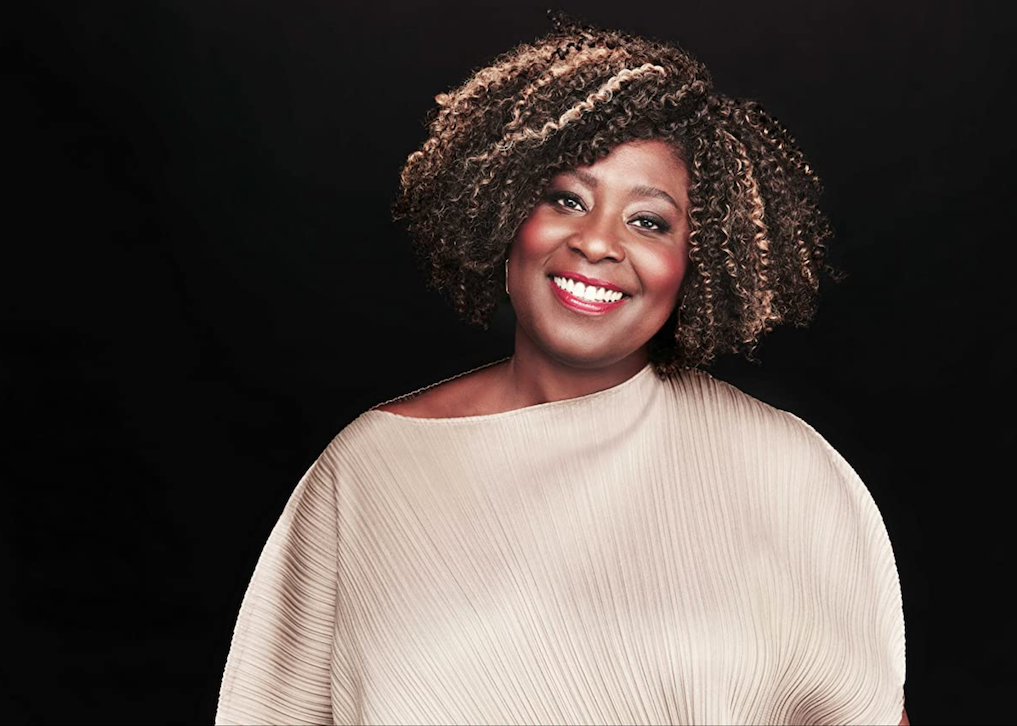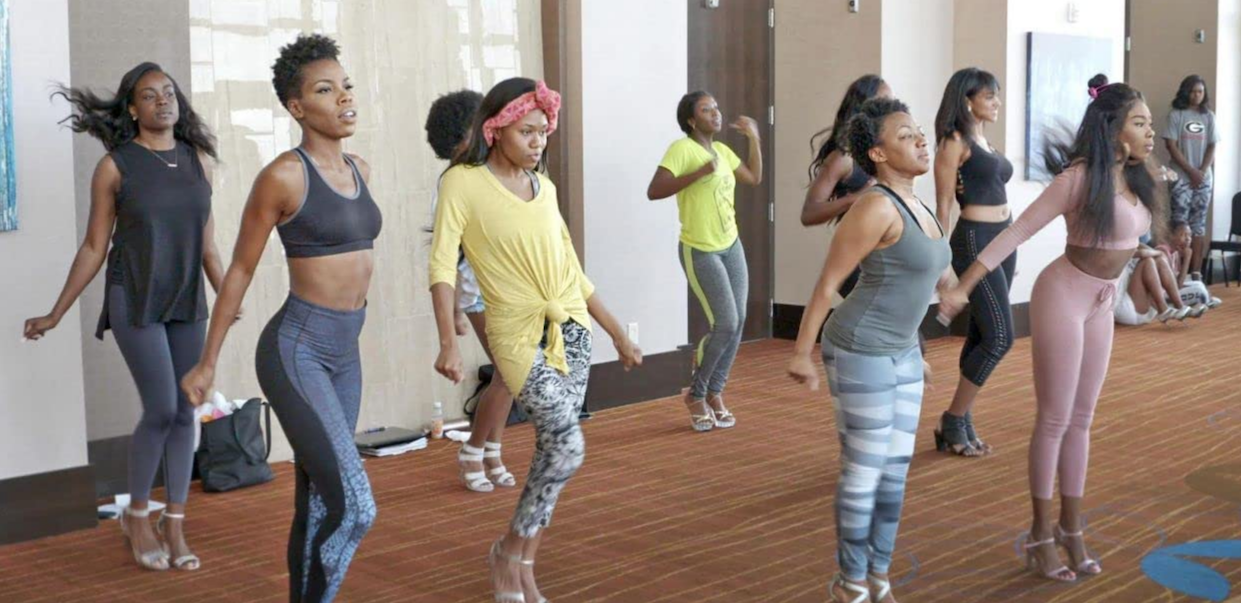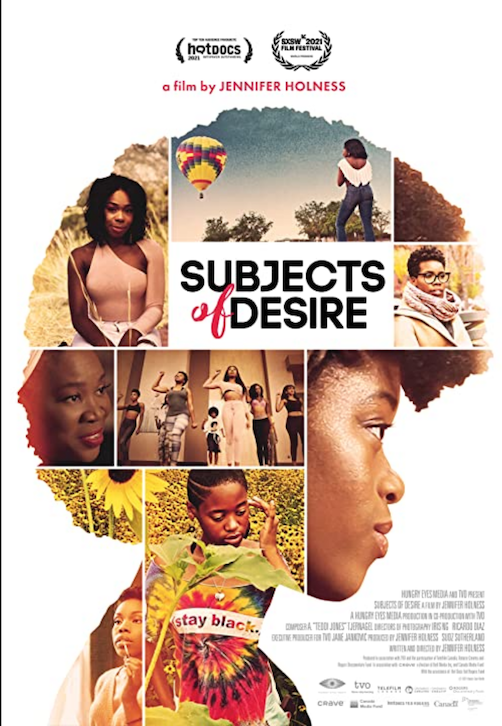Can you imagine what it must be like to walk a mile in someone else’s shoes? It’s an idiom created so that we have empathy before judging someone and to understand his/her experiences, challenges, thought processes, etc. We live in a world of conveniences and quick answers. “Cut to the chase” is all anyone cares about. What are we becoming, if not a one-sided society of popular choices and peer pressure decisions, based on a kangaroo court contrived of the most liked responses from social media? Society is evolving but it’s still very unstable and fragile… according to my twitter account, Instagram and Facebook. People still hide behind anonymity to throw rocks and tear people down. The only difference now, is that they have a small army of followers with them to ensure you never forget that other people hate you too. It’s still an ugly world when you look under the rock.
Hate is such a strong word, but it still gets flung like a speeding dart… and it still hurts. I’m not talking about bullying, but I am talking about the long history of racism against Black women. They’ve been fighting their entire lives to change the labels society, media and government has put on them. It may have originated from a history of slavery, poverty and an unapologetic society, but we’re so much more evolved now, so we should know better, right? If only it were as easy as hitting the restart button for Black women to be treated as equals and have the same opportunities – to be welcomed at the table at any and every event. Is it a fairy tale or is it a realistic future that young Black women can be promised? Instead of waiting for those answers, Black women are writing their own narrative and they need our help to drive it home.
Jennifer Holness is a writer, producer and now director of her first feature documentary film, Subjects of Desire. She had directed her very first feature film a little over 20 yr.’s ago, but she’s jumping back into the director’s chair and pressing continue with her latest film that addresses the long history of stereotyping Black women and the many false narratives written about them. Jennifer is a Black filmmaker trying to change the narrative to help provide a better future for other Black women with aspirations for success and achievements, just like every other woman. In the past, the goal post was always moved back for Black women but there are more and more goalkeepers to ensure the game is played fair from now on. We all have the power to be a goalkeeper/good neighbour/human being, for a better democratic and diverse society.
Subjects of Desire is part of the lineup of films at this year’s CineFam 2021. This year’s opening night is Saturday October 23rd.
Jennifer Holness brings a fresh, authentic perspective to telling powerful, thought-provoking stories – having worked as a documentary filmmaker for nearly twenty years. She has co-produced the feature documentary, Stateless, with director Michele Stephenson (American Promise) for PBS’s The America Series and the National Film Board. Stateless premiered digitally at Tribeca and at Hot Docs in 2020 where it won the festival’s Special Jury Prize, followed by a Best Feature documentary award at Black Star. She is the Executive Producer of Maya Annik Bedward’s feature documentary, Black Zombie, currently in production with CBC’s Documentary Channel.
Subjects of Desire is as thought provoking as it’s eye-opening and it has earned an audience. It has some hard truths, some interesting facts, an abundance of beauty, strength and a very depressing history of suppression. Jennifer does a superb job of threading the needle to stitch a story together that we should all wear to bed, in the hopes we can wake up with a better understanding and empathy for the Black woman. To be a free thinker is to discard bad information and put good information into use, for free.
After watching this film, I was thrilled to start promoting Jennifer’s documentary asap. The message is clear to me, that change is slow but society is the gas pedal, so let’s all work together to accelerate the change. I caught up with Jennifer while she was working in Vancouver for a short couple weeks and it was a lovely chat. Roll the tape!
HNMAG “Congratulations on your documentary film, Subjects of Desire, do you already have a distributor or is it still in film festivals?”
JENNIFER “We premiered Subjects of Desire at SXSW (South by South West). It was a great place to premiere because it was seen by a lot of broadcasters that were there. We made a great sale with STARZ, so the film will be on STARZ in the US, and on TVO and CRAVE in Canada in early 2022. Currently, it’s still in the festivals with a strong start at SXSW in the US and HotDocs in Canada. We’ve already won 3 festival awards, including Best Documentary in San Francisco. We’re about to have our International premiere at Raindance in the UK and we’ll also be at multiple others, such as The American Black Festival, Doc NYC, Bentonville – which is Geena Davis’s festival, as well as a lot of Canadian festivals. Calgary, Edmonton and other major cities across Canada, and more in the US – it’s been really exciting.”
HNMAG “Would those be virtual festivals or in person festivals?”
JENNIFER “Many of them are duel, so there was an online element and there will be a screening. For example, we’re going to be at the Montreal Black Film Festival and one day we’ll be screening, another day we’ll be online. Most of the festivals we’ve gotten into have had the two options, with one in person screening followed by 3 – 4 days of online digital screenings.”
HNMAG “This is a magnificent film and congratulations on it turning out so well. How long did it take to capture all the footage?”
JENNIFER “2018 was all development, but I actually started late 2017. Ironically, in 2018, they were having the Miss Black America Pageant, so I travelled to Kansas City to film the pageant. 2019 was my production year and 2020 was supposed to be all post work, but I had been in Berlin and upon my return I had caught Covid – it was not good. I was editing remotely with my editor but he also got sick, something other than Covid. I had good days and bad days but I was sick from March – June. We did so much editing in June but the film’s finish was still postponed. We were actually editing the film up until a week before SXSW and had used the rough cut for entry. From 2017 – 2021, this film has been a labour of love for sure.”
HNMAG “This film is beautiful and the young ladies in it are beautiful. I love the history that you include in the timeline. It was shocking to realize how society has wrongly portrayed Black people for so many years. The media and film/TV had a hand in creating many of those stigmas. Do you see changes happening?”
JENNIFER “That’s a big question, but here’s the thing – as a Black person, you always feel like an outsider in North American shores and European shores. You’re not embraced in the same way as White Europeans that have landed after you. For women, beauty is our power… it’s a fact, every woman knows this but we pretend it’s not true. For males, it’s about economics, the job you have – I’m not saying it’s not the same for women, but historically ‘your beauty determines the level of power you have’. If you look at Cleopatra – she was very powerful, but one of the things they always talk about is her beauty. Historically, white beauty has been the standard. Black women have always been on the opposite spectrum; our skin is darker, we have more curvaceous bodies, as well as other features that are opposite of the classic white standard of beauty. That white standard of beauty has been upheld in the media and if you’re on the opposite side of that… in terms of features and genealogy, you are seen as outside of that standard. It’s something that, as Black women – we understand. The film traces it back to the history, where a lot of these narratives were created and we begin to see that there was a political agenda behind these narratives – they didn’t just happen.”
Jennifer continued to make her point, “If you look at the Mammy narrative, slave women were rarely fat but they created this fat older Black woman to embody what a Black slave woman looked like, to either: A, exemplify that slavery was something she embraced, and she ‘wanted’ to take care of the White family, it was her goal – she didn’t even care about her own family? You just need to look at Gone With the Wind to see the Mammy figure and the idea of what Black women looked like, never mind that they weren’t fed enough to be Mammy’s. The second part of that was that Black women were being raped on a daily basis, often by slave masters. Often, many of the children working around the house were children of the slave master. The wives of these slave masters had to put up with their husbands’ infidelity and as a consequence, another narrative was created to say that Black women were jezebels… they were deviant and sexually aggressive and other things. In the film, I wanted to show how these narratives were either created to hide something or to promote something that wasn’t real to make everyone feel better. If you weren’t the fat Black sexual aggressive being, you were labelled as plain angry and unreasonable. Through both government policy and slavery, the Black family was completely ripped apart. Structures were then put in place to keep that family apart, to separate and divide our communities. I try to show where some of these narratives came from and the ‘why’ they came about in the film.”
I commended Jennifer for the incredible research, history and fact-finding mission she underwent to provide this film with historic content, stories, demystifying myths and the birth of narratives, created by a White culture.

HNMAG “You must have put an insurmountable load of research into this film. There was so much content and historic facts.”
JENNIFER “I like to think I’m well read, so I did have some knowledge but not to this extent. I did a lot of research in finding the sources and making sure it was correct. I spent a full year in development and I had read everything, in order to get it right.”
HNMAG “In watching the film, you leave out Black athletes, who are very dominant in sports. Was that for a reason?”
JENNIFER “It’s a good question… but my film is primarily about Black women and beauty. However, I’m still very proud of the Jamaican women coming in 1st , 2nd , 3rd in the Olympics, it was incredibly impressive. I didn’t touch on athletics because I think it’s such a huge topic on its own. In the film, I touch on black hair, skin colour, stereotypes… there was so much. At the end of the day, I felt that it wasn’t as connected to the idea of beauty, which is what I really wanted to look at.”
HNMAG “I really enjoyed how you threaded the beauty pageant throughout the historic stories. Did you know how you were going to format the documentary before you went to camera?”
JENNIFER “I was lucky because I did actually (laughing). When I went to film the Black America Pageant, I had to convince the founder and his daughter, who were both a huge support, however I knew that I still needed something to bind the piece together. I knew I would be looking at the past and present and needed to somehow connect the two and I felt that the pageant would be a path for that, without being the central focus and more of a spine – in an integral way. I’m very grateful for being able to film there.”
HNMAG “Was it difficult to get access?”
JENNIFER “It was a little bit, actually. I flew out and had a great meeting with the founder and Lolita, where I was able to explain my vision for the film. When we arrived, the pageant was already underway and they had to be careful about the type of access we had. We were so lucky to be able to film some of the rehearsals, as well as 1 day of filming backstage. I was so incredibly lucky in going there because I managed to interview 6 women… and out of those 6, 3 of them had gone onto win Miss Black America, First runner up and Second runner up. I felt like I was able to spot that a little bit (laughing). I was able to follow up with them after the pageant and most of the interviews you see in the film happened after the pageant. Ryann, Alex and Seraiah were the women that became the main voice of the pageant.”
HNMAG “What size crew would you have used on the film?”
JENNIFER “We didn’t have a lot of money to make this film for a couple reasons. I’m a writer and producer and directed a documentary about 20 years ago but hadn’t directed since. Although I had produced award winning films and was one of the first Canadian Black women to win a CSA award for writing, I couldn’t fall back on it because it wasn’t the same thing as writing. Many folks were saying, ‘we don’t know you as a director, so we’re not giving you money but come back and see us after the film is done.’ I got that a lot, so I had to go out of pocket to fund much of it. Even when the funds did come, there were drawdowns and I had to use my line of credit for many things. That meant smaller crews and some people doubling down on positions, such as our producer – Sudz Sutherland running the second camera. I had to bankroll most of the cost of the production. Luckily, I’m able to rely on my writing and producing on other projects to stay afloat. I’m a well-established writer/producer but not a director.”
HNMAG “Do you prefer to wear all 3 hats or was it necessary for this film?”
JENNIFER “The very first professional film I ever made with my partner, I directed. I was very passionate about the project, but following that, I primarily produced for a number of years before getting into writing. I do enjoy producing, I think I’m pretty good at it, but for women – it’s often a role they are given, or it’s easy because you’re keeping things afloat. I’ve never really wanted to direct narrative work but I’ve always loved documentary filmmaking. I think I arrived at a time in my career, where this story was really important to me – I have 3 daughters and their teenagers. In addition, I realized that I hadn’t been doing the work that I most loved, which is directing documentary films. I decided I was going to change that, so this is my first presentation to the world, in saying that this is the kind of work I want to continue doing. I’m now working on a doc-series, I’m also in development on another documentary called, No Harm – about Black women and the medical establishment. I’m continuing to produce, but I’m moving forward with directing more documentaries into the next 20 years of my career.”
HNMAG “What do you want audiences to walk away with, after watching this film?”
JENNIFER “I want audiences to understand how Black women are perceived in the media and that they originated from negative stereotypes that were created to control and limit Black women. They also need to realize that their perception of Black women might be feeding these narratives and I’d like to see them include Black women in other ways, as well as making space for them after understanding their history. It is a history that we had to survive, let me tell you. We find ourselves living in a time where we’re now fetishizing the features that Black women have been associated with – full lips, darker complexion, curly hair, athletic bodies, big booties. I had even heard that there was a 700 percent increase in butt implants within the last 15 years. These are all things that were once perceived as negative but are now considered positives… but not when they’re connected to Black women. I want audiences to think about all of these things and be kinder to Black women. Take a moment to get to know us and understand our story a little better.”
HNMAG “Any last words you’d like to say about the film or the message of the film?”
JENNIFER “I think people are starting to see Black women and we now have to use our power to define ‘who we are’ and ‘not’ let others – define ‘who we are’.”

An exceptional film by an incredible filmmaker. Jennifer Holness has my respect and admiration. She also has a terrific smile, charm and a warm laugh. I had a great interview and please watch for this film to hit the screen in early 2022.

